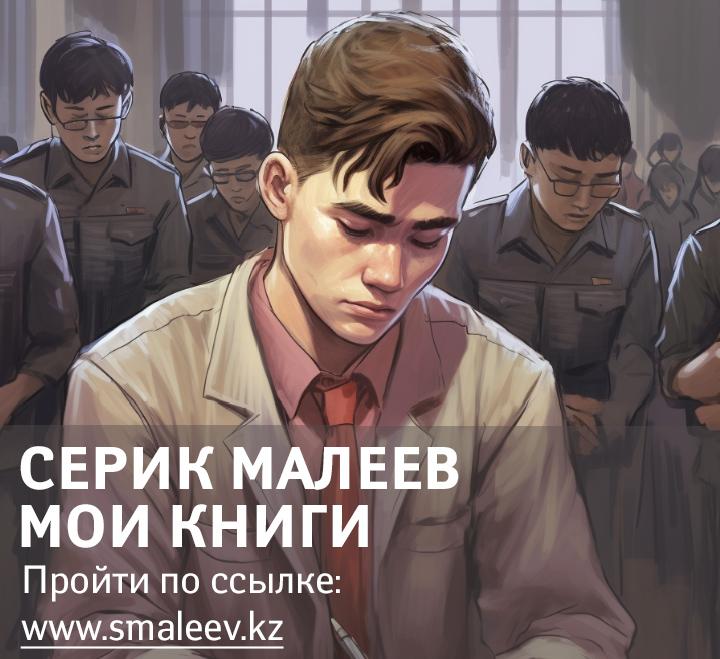 to look at the images of refugees fleeing from the Middle East and North Africa, you could be forgiven for thinking that the average age in these countries is about 10. The body of three-year-old Aylan changed the media narrative of this crisis and many more poignant images have been circulated. We have seen Laith Majid clutching his children as he sheds tears of joy after surviving Aylan’s same journey, as well as children clambering through the windows to board packed trains in Macedonia, and a couple cradling their baby after desperately throwing themselves on train tracks as police try and take them to migrant camps in Hungary.
to look at the images of refugees fleeing from the Middle East and North Africa, you could be forgiven for thinking that the average age in these countries is about 10. The body of three-year-old Aylan changed the media narrative of this crisis and many more poignant images have been circulated. We have seen Laith Majid clutching his children as he sheds tears of joy after surviving Aylan’s same journey, as well as children clambering through the windows to board packed trains in Macedonia, and a couple cradling their baby after desperately throwing themselves on train tracks as police try and take them to migrant camps in Hungary.
Alongside these images of children and mothers, phrases such as “among the dead were X many children and women” are also used to stress the innocence and vulnerability of those who have died. I can understand why this might be a particularly compelling focus, but it raises the question: are Syrian men not innocent and vulnerable too?
David Cameron has now pledged to take in 20,000 refugees from Syria over the next five years, and singled out vulnerable children and orphans. This wasn’t limited to one side of the political spectrum. Before his announcement, the former Labour Home Secretary David Blunkett called on the Government to take 25,000 refugees over the next sixth months, and said that Syrian women and children should be given priority.
So far this hasn’t proved controversial – everyone seems to agree that young people and women require the most attention. But we must be careful not to forget that this is a humanitarian issue, and one that affects an entire population. Otherwise, the message we’re sending is that the lives of Arab men do not matter.
If our humanitarian sympathies are only summoned in response to children and families, then we risk dehumanising Arab men. This only helps to reinforce a history of Western misrepresentation, in which Arab men are viewed as dangerous, uncivilized, barbaric, and incapable of reason. This might not seem immediately obvious from their absence in the media’s coverage. But the invisibility of the Arab men allows these ideas to insidiously fill the gaps, sometimes even subconsciously.
When the media prioritises women and children over Arab men, it’s easy for many people to conclude that this is for a reason, and that there is something inherently less valuable about them. And as it’s hard for many Westerners to view the Middle East through anything but the lens of conflict, where Arab men are supposedly hell-bent on killing each other, their deaths seem inevitable, whether it’s on the battleground or at sea. The children, as symbols of potential on the other hand, we can grieve for.
We have been in this situation before. During World War Two, the British Government launched the Kindertransport programme, which rescued thousands of Jewish children from Nazi Germany during the late Thirties. The memory of this has been evoked as part of the Government’s plan to take in Syrian refugees, and has helped further entrench the idea that it’s only children whose lives are worth saving. Yet Syrian refugees are also fleeing as families, as well as individuals. Many of these adults are from middle-class or relatively affluent backgrounds with skills that would be of immense economic benefit to the countries they flee to. They’re also just as human, and just as terrified of death, even if they’re better at not showing it. In society’s eyes, men might not symbolise vulnerability in the same way children and women do, but this should never lead us to give up on them.
Emily Cousens is a PhD student looking at feminist perspectives on vulnerability
http://www.independent.co.uk/voices/comment/we-need-to-stop-telling-ourselves-that-women-and-children-are-the-only-refugees-who-matter-10493332.html?cmpid=facebook-post


